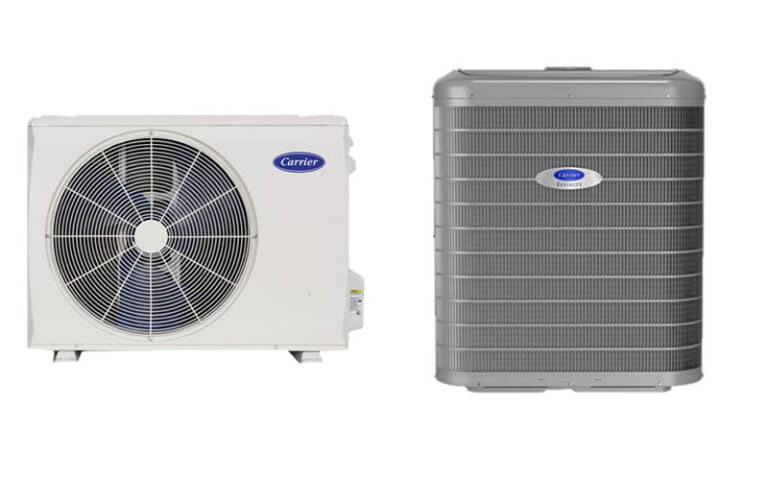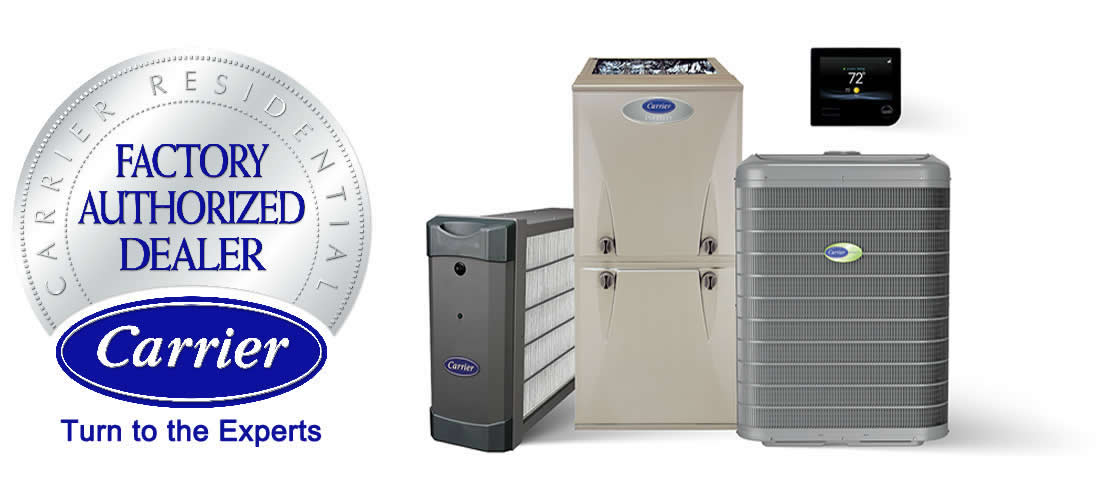What are the Key Differences between a Heat Pump and a Traditional HVAC System?
Hey there, future comfort connoisseur! When it comes to staying cool in the summer and warm in the winter, there are a few main players in the game. The big question on many homeowners’ minds: “Do I go with a traditional HVAC system or a heat pump?” Don’t worry; we’re here to break it down for you.
A heat pump is part of a home heating and cooling system and is installed outside your home. Like an air conditioner such as central air, it can cool your home, but it’s also capable of providing heat. In cooler months, a heat pump pulls heat from the cold outdoor air and transfers it indoors, and in warmer months, it pulls heat out of indoor air to cool your home. Heat pumps are powered by electricity and do not burn fossil fuel like furnaces do.
1. What are they, anyway?
First things first. A traditional HVAC system typically has separate units for heating (like a furnace) and cooling (an air conditioner). A heat pump, on the other hand, is a nifty all-in-one system that can both heat and cool your home by moving heat in and out.
2. Let’s Talk Money: Initial Costs
Heat pumps often have a higher initial cost compared to traditional HVAC systems. However, if you’re replacing both your heating and cooling units, the cost difference might not be as significant.
3. Energy Bills: Who’s the Winner?
Heat pumps are generally more energy-efficient than traditional HVAC systems because they transfer heat rather than producing it. In moderate climates, this makes a pretty big difference in your energy bills. However, if you live in an area with extremely cold winters, a traditional furnace might be more efficient at heating during those freezing times.
4. Comfort Level: Is There a Difference?
Both systems aim to keep you comfy and cozy. However, the warmth provided by heat pumps is often described as more even and consistent than that from traditional furnaces. On the flip side, some folks feel that the heat from furnaces feels “warmer” or “toaster.” It’s really about personal preference!
5. Life Span: Which Lasts Longer?
Traditional HVAC systems usually have separate lifespans for the heating and cooling units. Furnaces can last between 15-20 years, while air conditioners average around 10-15 years. Heat pumps, doing double duty, have a lifespan of about 10-15 years. However, always remember that regular maintenance can extend the life of any system.
6. Maintenance: Keeping Things Running Smoothly
Both systems need regular maintenance to operate at peak efficiency. For traditional HVAC systems, you’ll be checking two separate units, which might mean more frequent maintenance visits. Heat pumps, being a two-in-one system, require less frequent check-ups. But when they do need attention, it’s crucial to address any issues promptly.
Conclusion
Choosing between a heat pump and a traditional HVAC system is a lot like picking between chocolate and vanilla. Both have their pros and cons, and it boils down to what suits your home, climate, and personal preferences. Whichever route you choose, always remember to keep up with regular maintenance. And if you need expert advice or service, you know who to call – your friendly Carrier factory authorized HVAC pros!







